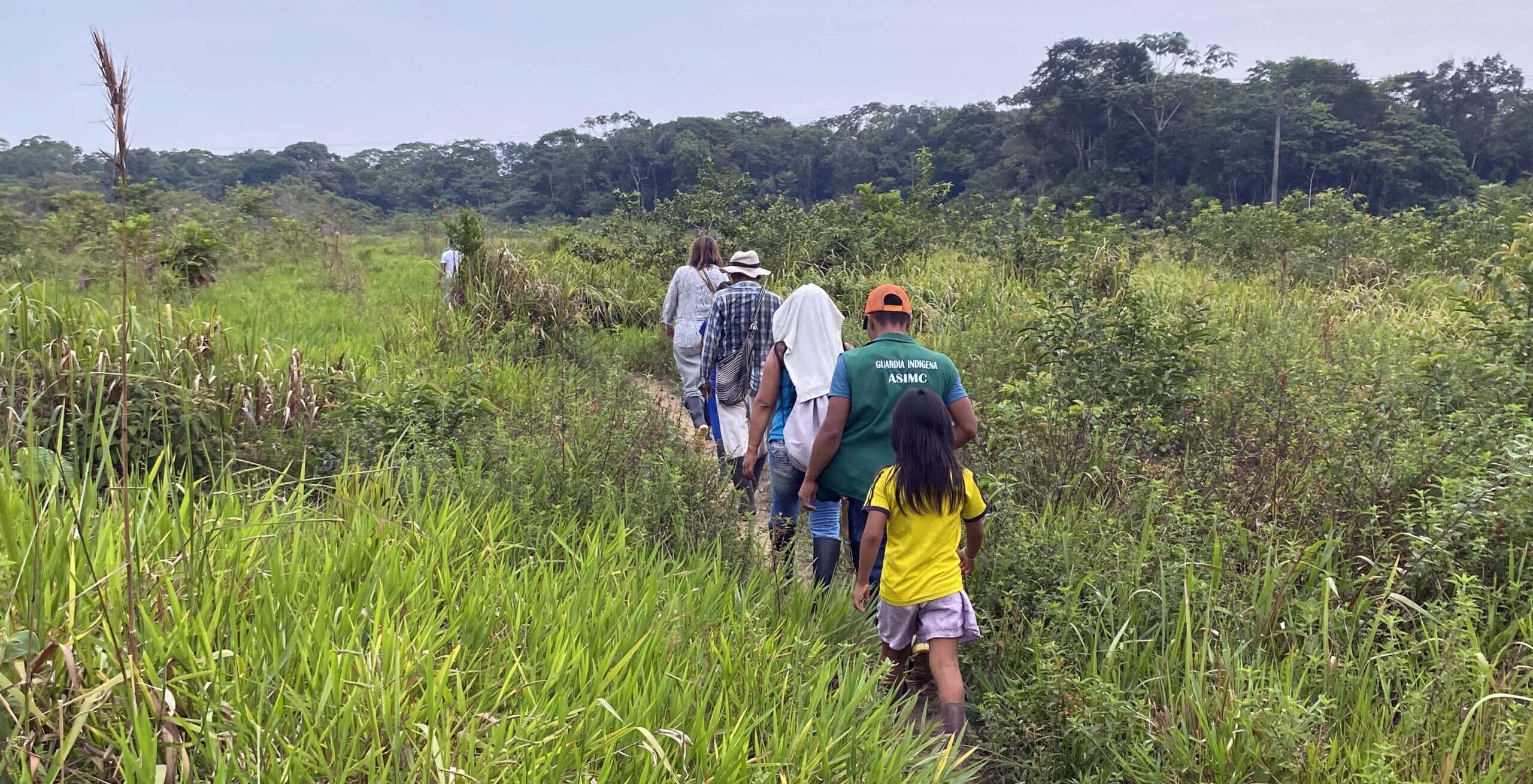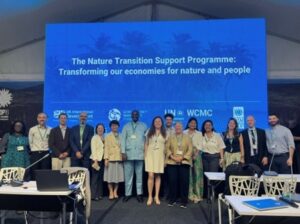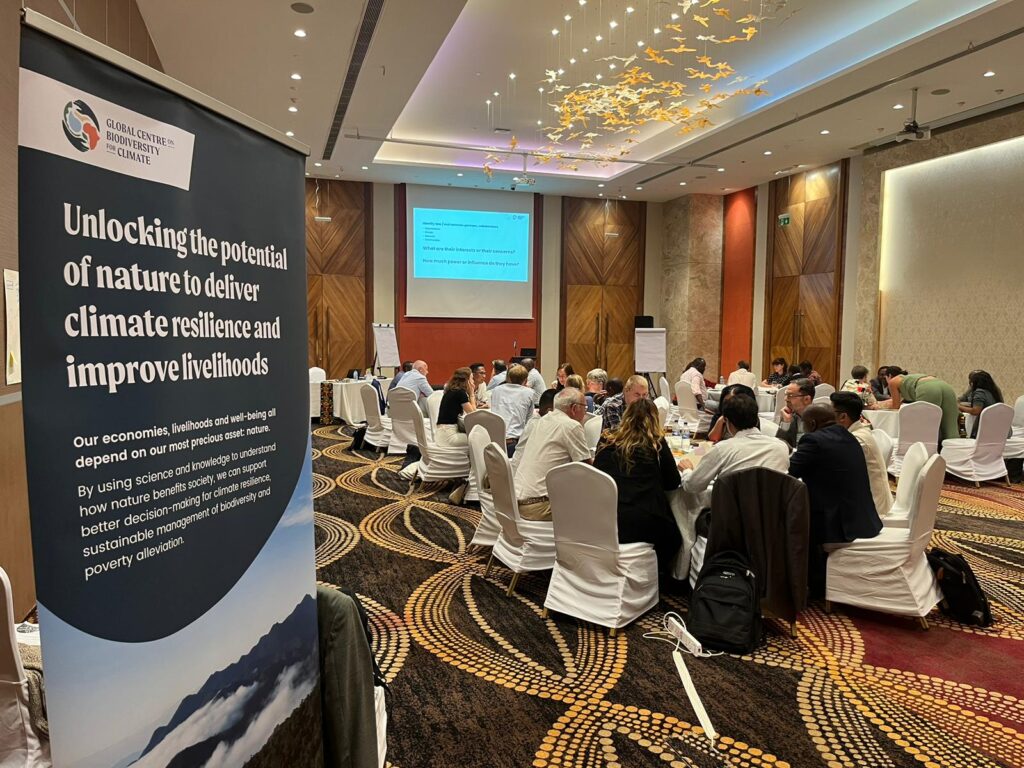GlobalSeaweed SUPERSTAR: Developing new innovative cultivation methods for testing wild eucheumatoids for their climate resilience
A research team from the University of Malaya, Malaysia, is developing climate-resilient seaweed strains in Semporna, Sabah under the GCBC-funded GlobalSeaweed SUPERSTAR project.
Eucheumatoids – a group of red seaweed species – account for over 90% of global production of carrageenan, a product widely used as a gelling, binding and thickening agent in various industries including food, pharmaceuticals and cosmetics. Euchematoid output has declined in recent years due to the low genetic diversity of aging cultivars. This challenge is further intensified by climate change, which has led to a rise in pests and diseases.
The research aims to address this issue by developing new strains resistant to climate change, pests, and diseases. Wild eucheumatoids were collected from the Semporna waters (Sabah Province, north-east Borneo), under permission granted by the Sabah Biodiversity Centre. Specimens were hand-picked during snorkeling, selecting only large, healthy individuals.
As the size and morphology of the wild-collected eucheumatoids were smaller and less bushy compared to the commercial ones, the longline cultivation method, commonly used in commercial seaweed farming was not suitable for their on-growing. An innovative new net system therefore had to be developed as an alternative to the longline.
The new system was found to work most effectively based on a two-stage approach. Firstly, the newly collected eucheumatoids were on-grown in basket nets with a relatively small mesh size to prevent grazing by herbivorous fish and turtles. This was then followed after 40 days by a larger cage net system, which allowed greater water circulation, around the eucheumatoids once they had grown in size, but again deterred the grazers.

The new two-stage netting system has successfully enabled not only the survival of wild-collected eucheumatoids, but their increase in size compared with the longline method. The growth rate of the wild-collected eucheumatoids is also comparable to commercially cultivated species, reaching a rate of 3.03 % day-1 when cultivated in the cage net over the typical 45-day cultivation period.
One downside of the system is that it does require frequent cleaning and maintenance, due to the netting becoming covered with biofouling which reduces the water flow. On the plus side, however, this new cultivation system has been so successful that the research team have now donated over 150 kg of wild-collected eucheumatoid seedlings to a local seaweed company for them to on-grow at their farm.
The farmers are also extremely interested in the larger cage design and the research team are working closely with the local stakeholders to further expand this innovative research in Malaysia.










